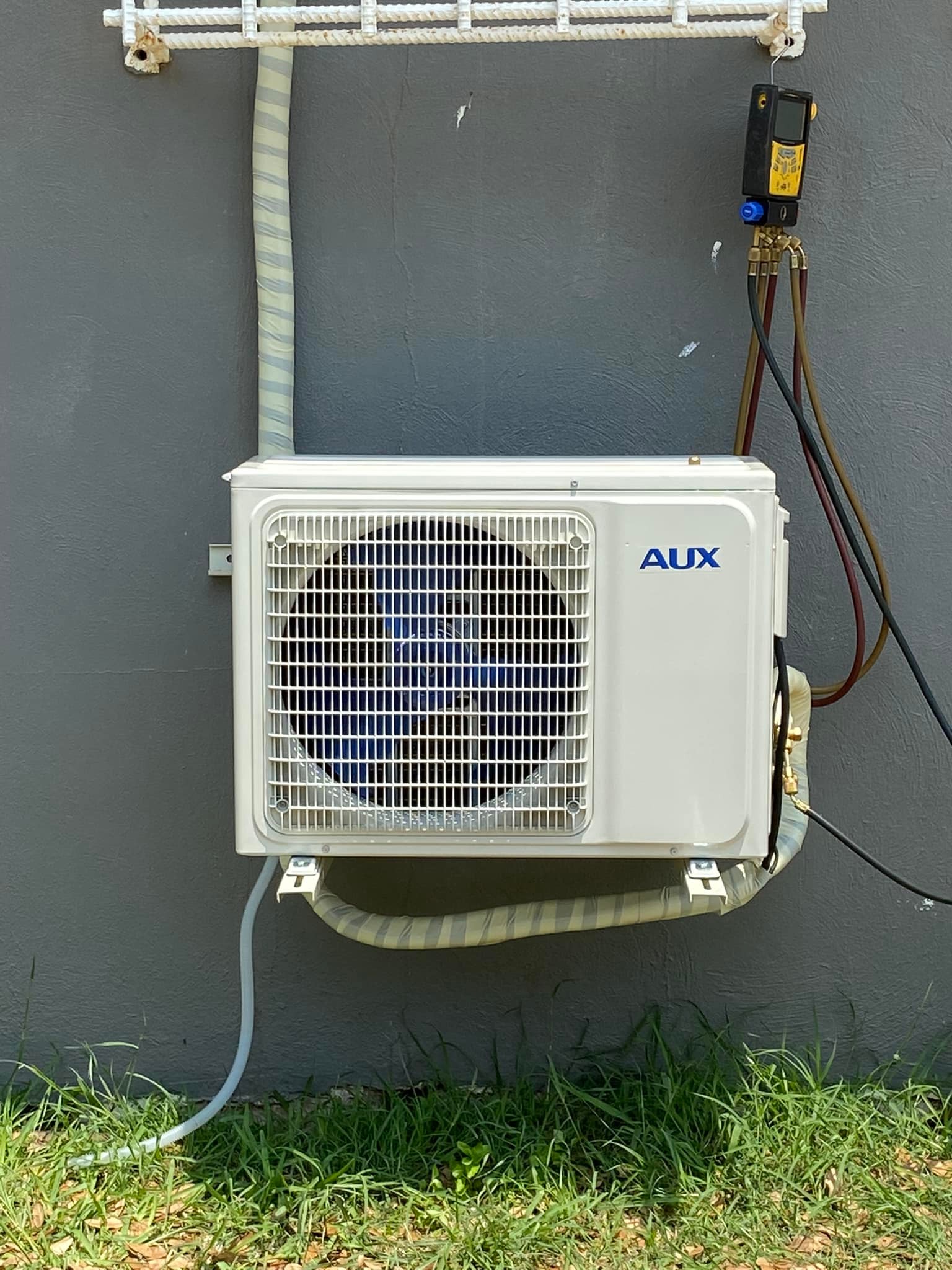
How to Troubleshoot Your HVAC System Before Calling a Professional Oct 10, 2025
Firstly, it's always wise to start by ensuring your thermostat is set correctly. This may seem obvious, but one can easily overlook settings during different seasons or accidental bumps. Ensure your thermostat is on the right mode—heat, cool, or auto—and that the temperature is set where you want it. If the display is blank, you may need to replace the batteries.
Next, inspect and replace air filters if needed. Clogged air filters can restrict airflow, causing your HVAC system to work inefficiently or even fail. Ideally, air filters should be changed every 1-3 months, depending on usage and the type of filter. If you're unsure how to replace your filter, the user manual can be a handy guide. Clean filters ensure better air quality and optimize your HVAC’s performance.
Check the power supply to your unit. Sometimes, an HVAC system that won’t turn on can be as simple as a tripped breaker or a blown fuse. Locate your circuit breaker and look for any switched off circuit. Resetting the breaker or replacing a fuse can often resolve these issues promptly. Always exercise caution and consult an electrician if you’re uncomfortable dealing with electrical components.
If your air conditioner or heater is turning on but not producing heat or cool air, inspect your vents and ducts. Blocked vents can limit air distribution. Ensure that all vents are open and unobstructed by furniture, toys, or dust. You can perform a quick duct inspection by looking into easy-to-access areas or feeling for airflow leaks.
Another common issue involves the outdoors unit of your HVAC system. Debris, such as leaves, dirt, and twigs, can accumulate around the unit and impede its function. Carefully clear any debris away and gently hose down the unit if necessary. Make sure the area is free from obstructions to allow proper airflow.
Should your HVAC be making unusual noises, this could be a sign of internal issues. While some noise is normal, particularly on startup, alarming bangs, screeches, or rattles indicate it’s time to seek a professional’s opinion. However, before making a call, try to pinpoint the timing and location of these sounds to expedite potential solutions.
Finally, verify that all air registers are fully open in every room. Closing them in unused rooms might seem energy-efficient, but it can actually strain your HVAC system by disrupting balanced airflow throughout your home.
By performing these simple troubleshooting steps, you may find a solution to minor HVAC issues yourself. If problems persist, don’t hesitate to contact Air-Tek Heating & Cooling for a professional assessment. Peace of mind and utmost expertise are always just a call away, ensuring your home's comfort is immediately restored. Remember, regular maintenance and timely professional help prolong the life of your HVAC system and enhance its efficiency, keeping your home comfortable all year round.
/filters:no_upscale()/media/768b6f8b-8c9d-4c60-9980-41e548196e59.jpeg)
/filters:no_upscale()/filters:format(webp)/media/05344e36-4a56-42dc-a5d4-ae09955fd7b5.jpg)